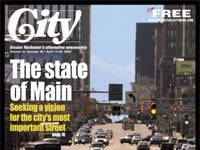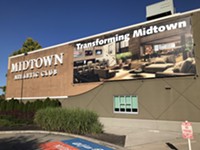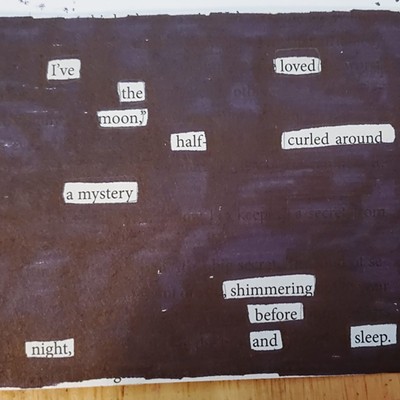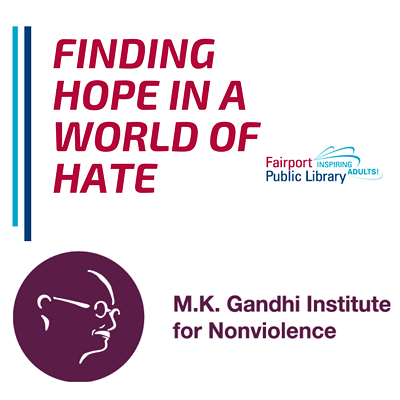[
{
"name": "500x250 Ad",
"insertPoint": "5",
"component": "15667920",
"parentWrapperClass": "",
"requiredCountToDisplay": "1"
}
]
You have to wonder how Francis Bellamy (1855-1931) would greet today’s fracas over the Pledge of Allegiance. The Mt. Morris native --- who, as historian John W. Baer relates, attended Rochester Theological Seminary, married Wayne County native Hattie Benton, preached in Boston, became an editor and later an ad man, and eventually retired to Florida --- probably would shake his head and get back to work.
That’s the impression you get from reading a short biography of Bellamy by John W. Baer, which supplies some interesting angles on a full life:
Hardly a standard-issue preacher, Bellamy was a “radical” and “Nationalist” (the latter term back then meant someone who believed in nationalizing certain domestic economic institutions). He had a high rank in the National Education Association, and he was also a vice president of the Society of Christian Socialists. His sermons about “Jesus the Socialist” and other critiques of capitalism got him into hot water, as you’d expect.
After being fired from a Boston congregation, Bellamy joined the staff of the Youth’s Companion magazine. There he wrote the Pledge, with some input from his boss, James Upham. (Later there was controversy over which man was the true author.) The original text was this: “I pledge allegiance to my flag and to the Republic for which it stands --- one nation indivisible --- with liberty and justice for all.” Baer says Bellamy once considered using the words “equality” and “fraternity” but rejected those echoes of the French Revolution as being too radical for his contemporaries. And preacher though he was, he left out any mention of God. The aim of many radicals of the era was to unite an emerging immigrant society, and Bellamy intended to do something like this among young people.
The Pledge soon became public property, of course, and it veered away from Bellamy’s original aim --- you might say, from solidarity to chauvinism.
For years, standard school Pledging practice included raising the arm with upturned palm, similar to the Nazi salute. World War II brought change. But small “n” nationalism and religiosity came to the Pledge in 1954, after the Knights of Columbus twisted political arms and got the words “under God” inserted. This was not the biggest capitulation of the McCarthy Era. But it helped instill conformism and promote witch-hunts. Just ask the poor California atheist who dared assert a mere constitutional right and was condemned from the pulpits of Congress.
Again, we wonder what Bellamy would think --- or what his famous lefty cousin, Edward Bellamy, author of the novel Looking Backward, might write. It’s hard to transport ideas and personalities across so many years, especially from the lively populist-Progressive Era to the dim Slough of Reaction today. But maybe there’s something we can absorb from Francis Bellamy’s compositional process. Why not drop the “under God” and its clear violation of the First Amendment, and adopt “equality” as, well, a substitute teacher? That would add just one syllable, and there’d be much more to be learned than from a corrupted text.
Of course, no history of the issue should omit the 1943 US Supreme Court decision, which said the Jehovah’s Witnesses, and by extension all dissenters, could not be forced to “salute the flag” or recite the Pledge. “Compulsion as here employed is not a permissible means of achieving ‘national unity,’” said the Court. All you students out there: write that down; you will be tested on it.
Speaking of Pledge Of Allegiance, Francis Bellamy
-
Reader Feedback 8.28.02
Aug 28, 2002 -
Reader feedback 8.14.02
Aug 14, 2002 -
Reader Feedback 7.17.02
Jul 10, 2002 - More »
Latest in Columns
More by Jack Bradigan Spula
-

The state of Main
Apr 14, 2004 -
School improvement: the price is wrought
Apr 7, 2004 -
Hour of power
Mar 31, 2004 - More »




